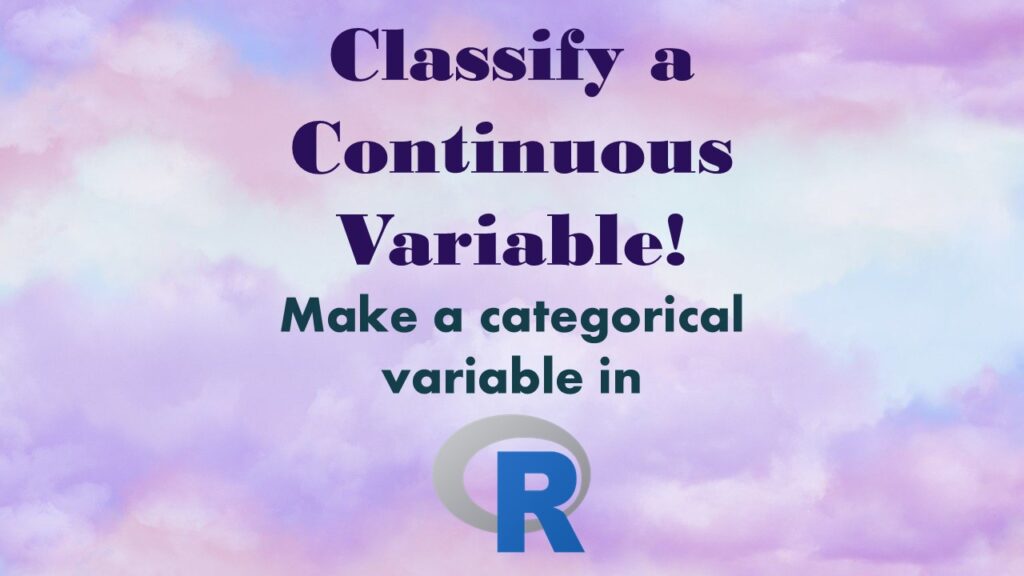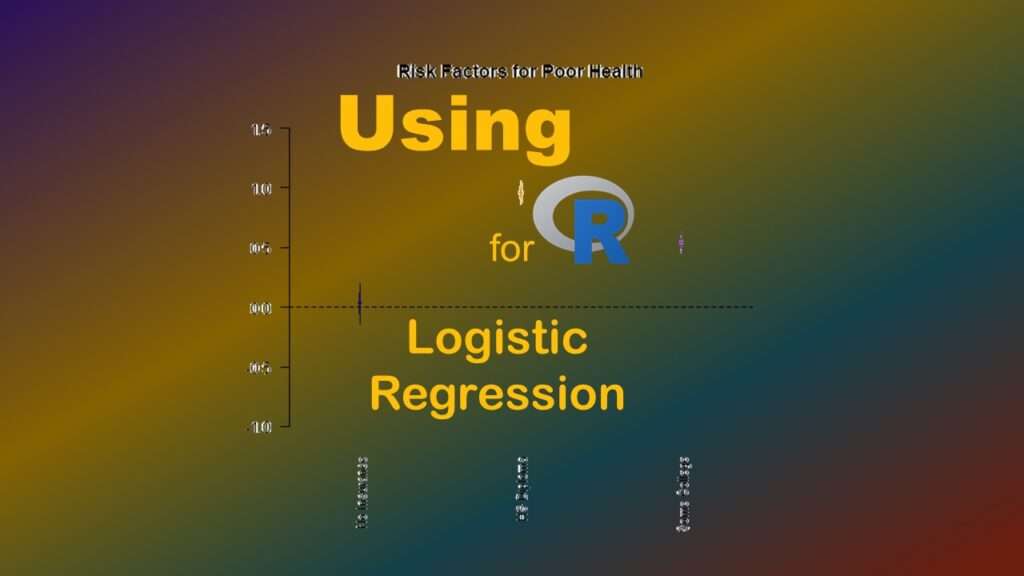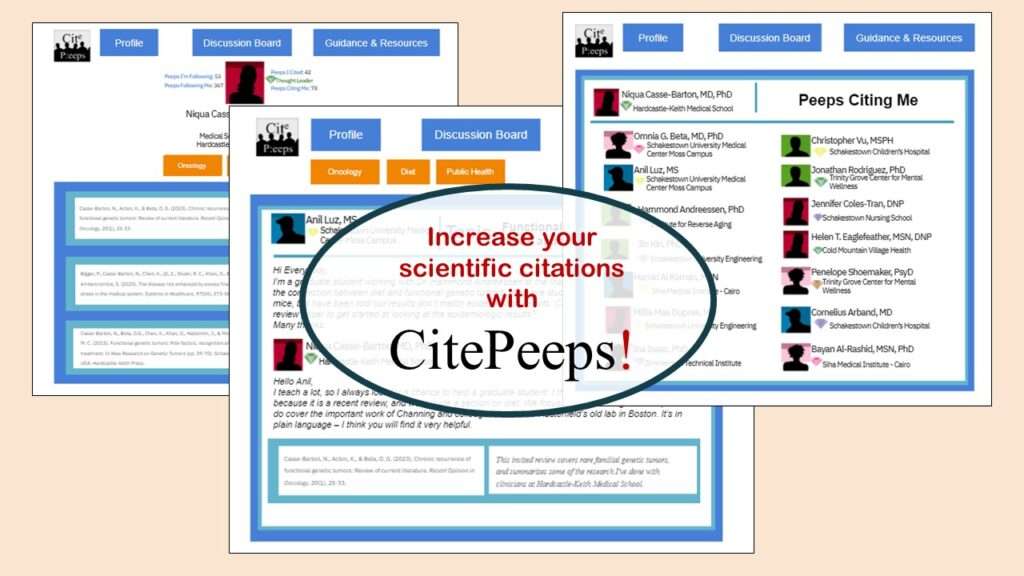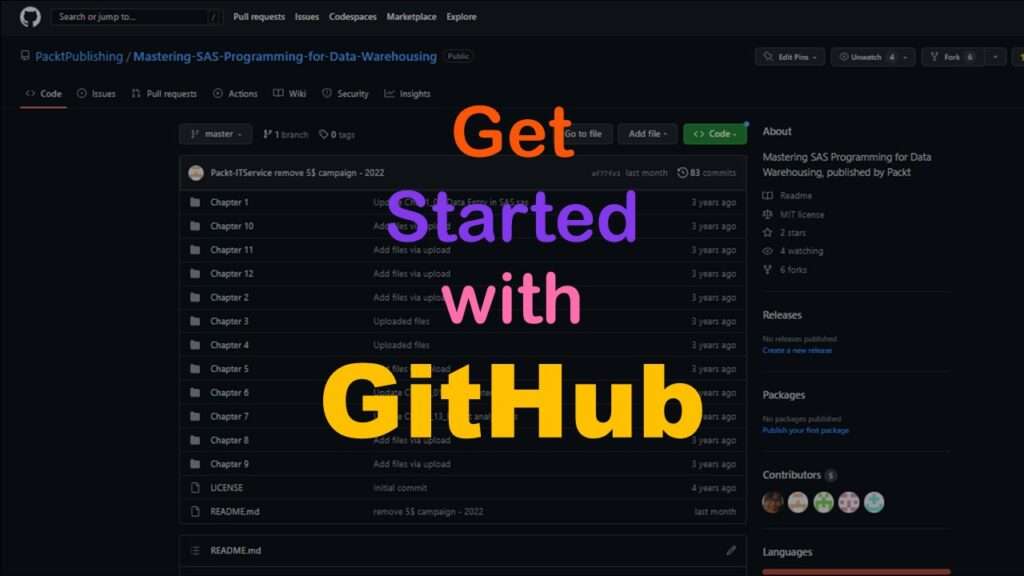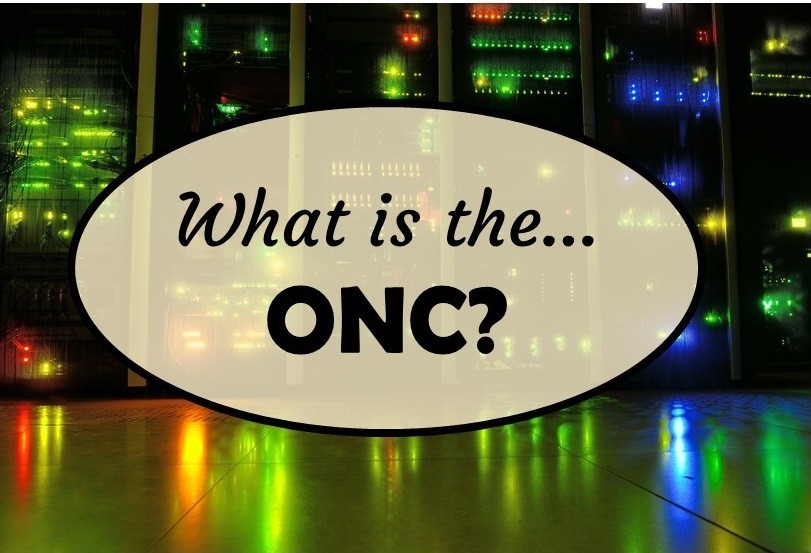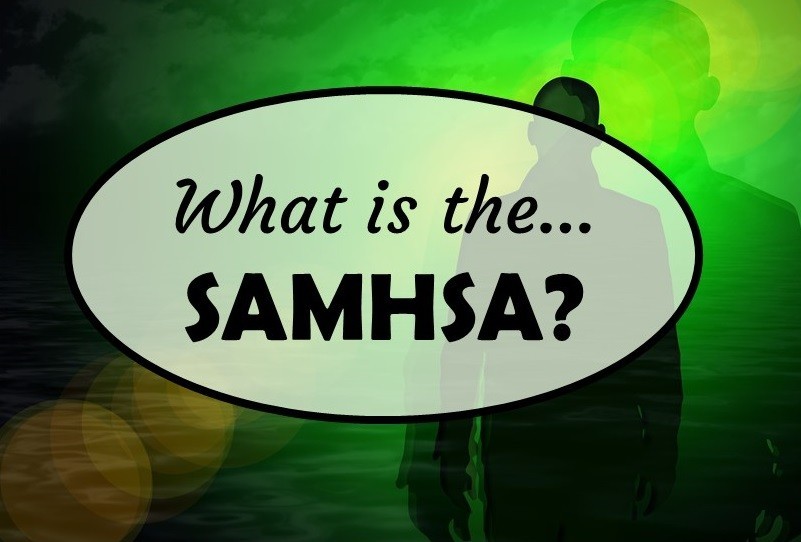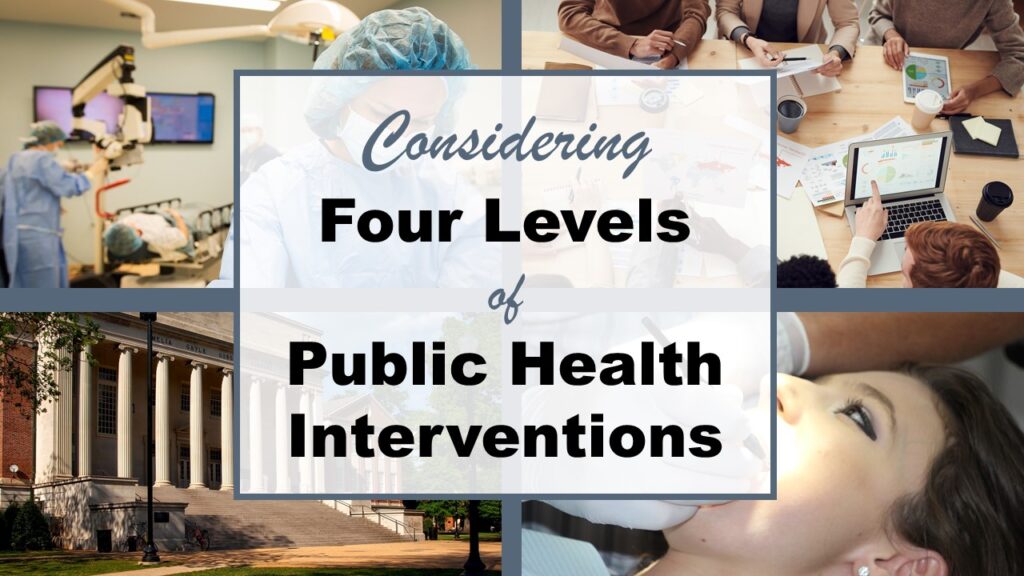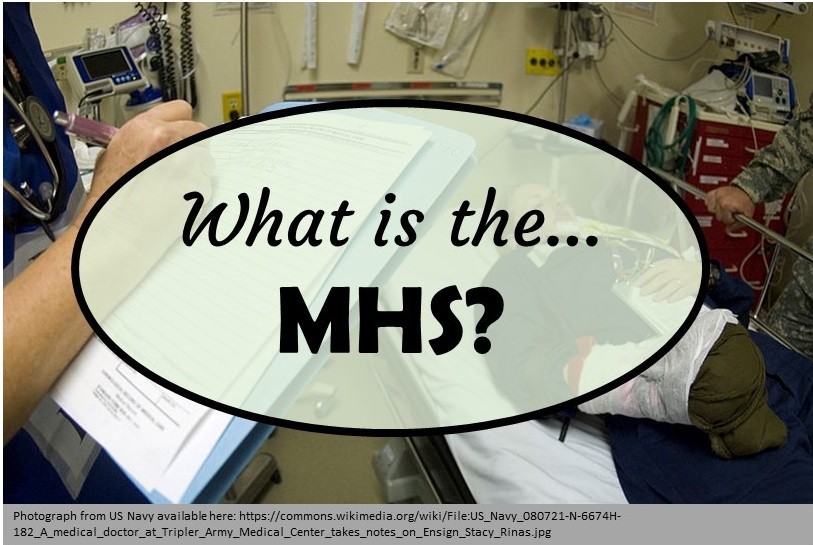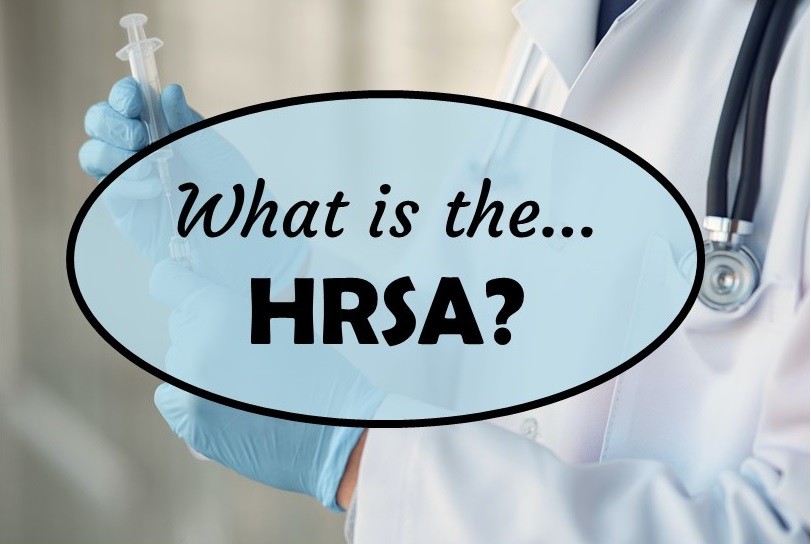Make categorical variables by cutting up continuous ones. But where to put the boundaries? Get advice on my blog!
Tag Archives: American Journal of Public Health
Color in visualizations of data curation and other data science documentation can be used to enhance communication – I show you how!
R for logistic regression in health data analytics is a reasonable choice, if you know what packages to use. You don’t have to use SAS! My blog post provides you example R code and a tutorial!
CitePeeps is a new online community of scientific authors focused on increasing the number of citations to their published works. Join us!
GitHub beginners – even in data science – often feel intimidated when starting their GitHub accounts and trying to interact with the web page. Don’t be shy! Catch the highlights from a recent GitHub beginners workshop I held!
“What is the ONC?” is what I used to ask before I realized it involves health technology. Although ONC just means “Office of the National Coordinator”, this agency is now known as HealthIT.gov, as I explain in my blog post.
What does the SAMHSA actually do for mental health and substance abuse patients in the US? The answer is, “nothing directly” – however, indirectly, SAMHSA has had a profound impact on behavioral health patients, and the result has not always been positive, as you can read in my blog post.
Four levels of intervention is a framework we use in public health to think about how to attack a problem. I explain it and give a few examples of application in my blog post (along with a video).
“What is the MHS?” is a question not always asked by public health data scientists, but it should be. The MHS – or Military Health System – serves the US military through healthcare facilities in locations where civilians do not have access. I provide an explanation on my blog post.
“What is the HRSA?” can be answered two ways: with a short answer, and a long answer. The short answer is that it is the agency that funds public health departments in the United States. The long answer, which I unpack in my blog post, is more nuanced, harrowing, and ultimately, depressing.
- 1
- 2

